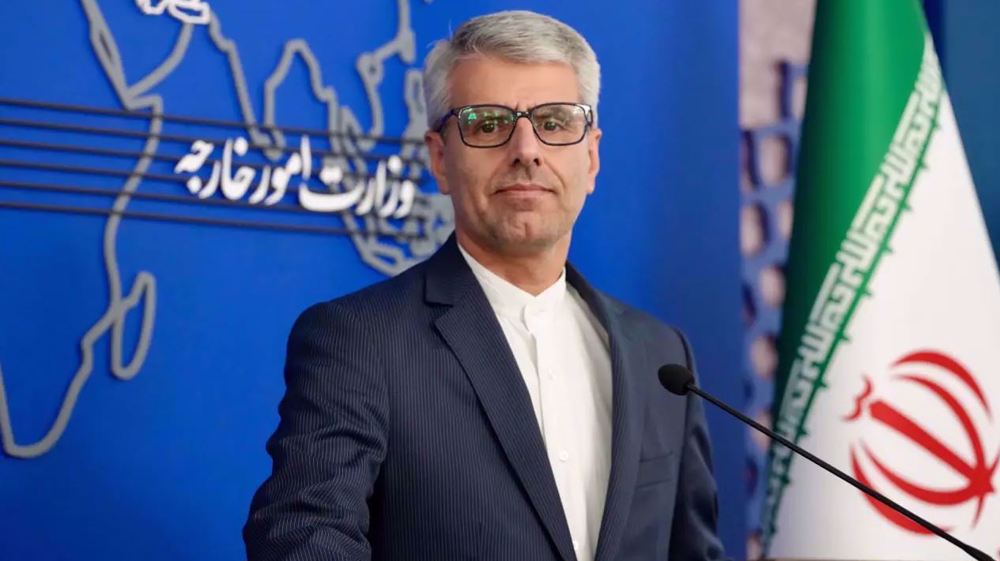Death toll from US airstrike on Kunduz clinic rises to 30, MSF says
The death toll from a US airstrike on a hospital in Kunduz, northern Afghanistan, run by Doctors Without Borders, has reached 30.
“MSF announces with sadness that the death toll is still rising,” said the group, also known as Medecins Sans Frontieres (MSF), in a Sunday statement.
“The total number of dead is known to be at least 30, including 10 known patients, 13 known staff, and seven unrecognizable bodies that were in the wreck of the hospital.”
The deadly airstrike on October 3, which lasted for “more than an hour,” according to the MSF chief, led to the closure of the MSF-run trauma clinic in the city of Kunduz, depriving tens of thousands of Afghans of health care.
Taking responsibility for the airstrike, Washington claimed it was a mistake, while President Barack Obama was forced to apologize to the MSF under mounting pressure from international aid groups.
The French-founded charity, meanwhile, warned that the toll could still go up.

Investigations into the fatal attack
The new death toll comes as three probes by US, NATO and Afghan officials have been launched into the attack, which has also drawn global condemnation.
NATO said on Saturday that its initial investigation confirmed that the reports of civilian casualties were credible, and that the Western military alliance would go on working with the Afghan government to fully identify the victims.
However, the MSF has called for an independent probe by an international fact-finding commission.
“We need to know the degree to which the lines between military and civilian targets have been blurred,” Jason Cone, MSF executive director in the US, wrote in the New York Times on Saturday, adding, “(Only then) can we better understand the risks our teams in Afghanistan and elsewhere will face.”
Kunduz witnessed heavy clashes between Afghan government forces and the Taliban militants after the latter stormed the city on September 28 and held it for three days before being driven back.
VIDEO | Martyr Abu Mahdi warship
Iran’s engineering feat beneath Persian Gulf for gas supply
Israeli military confirms soldier’s death in apparent suicide case
UN chief slams Israel for blocking utilities to UNRWA in Gaza
Israel launches airstrikes, artillery fire across Gaza on first day of 2026
VIDEO | Press TV's news headlines
Millions of Afghans face food insecurity
Israel killed 7,488 Palestinian students, educational staff during 2025










 This makes it easy to access the Press TV website
This makes it easy to access the Press TV website